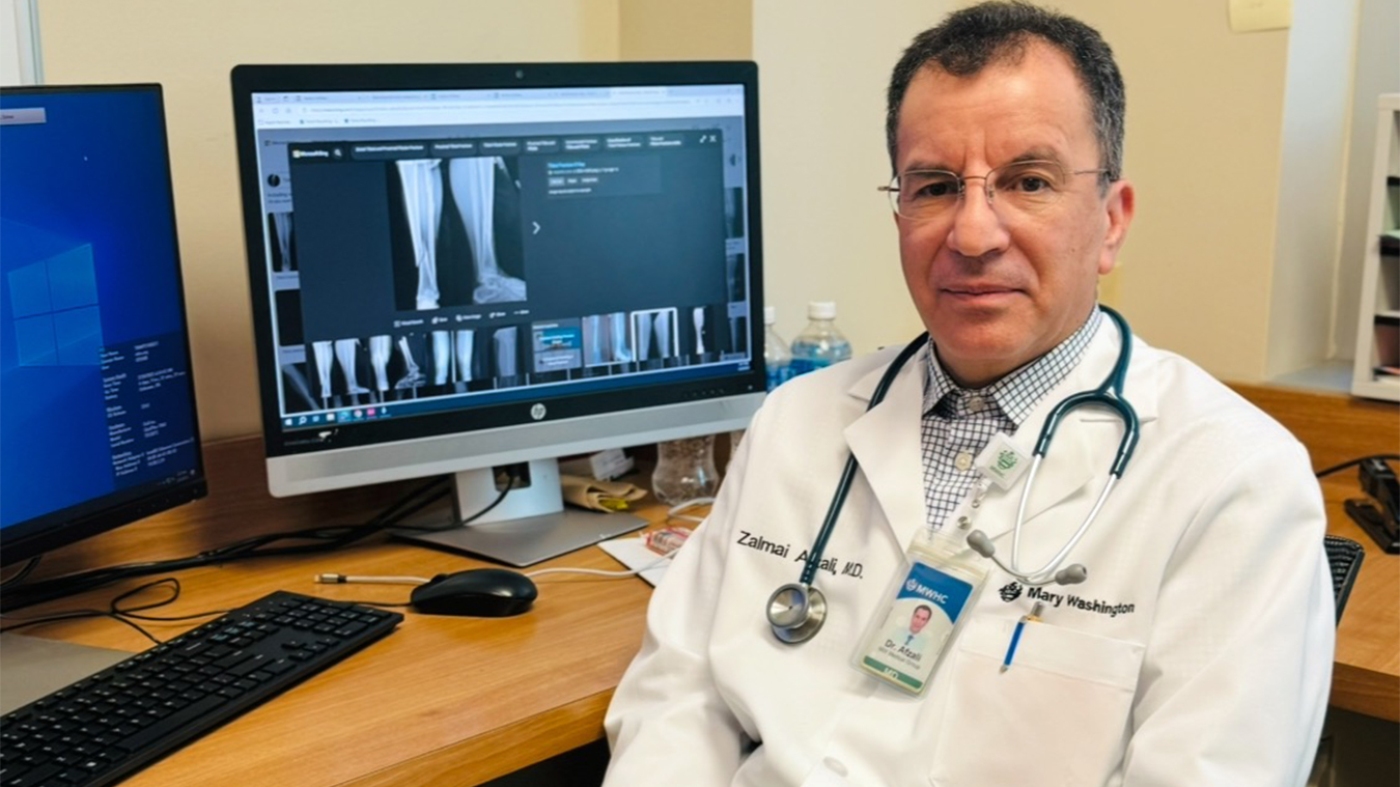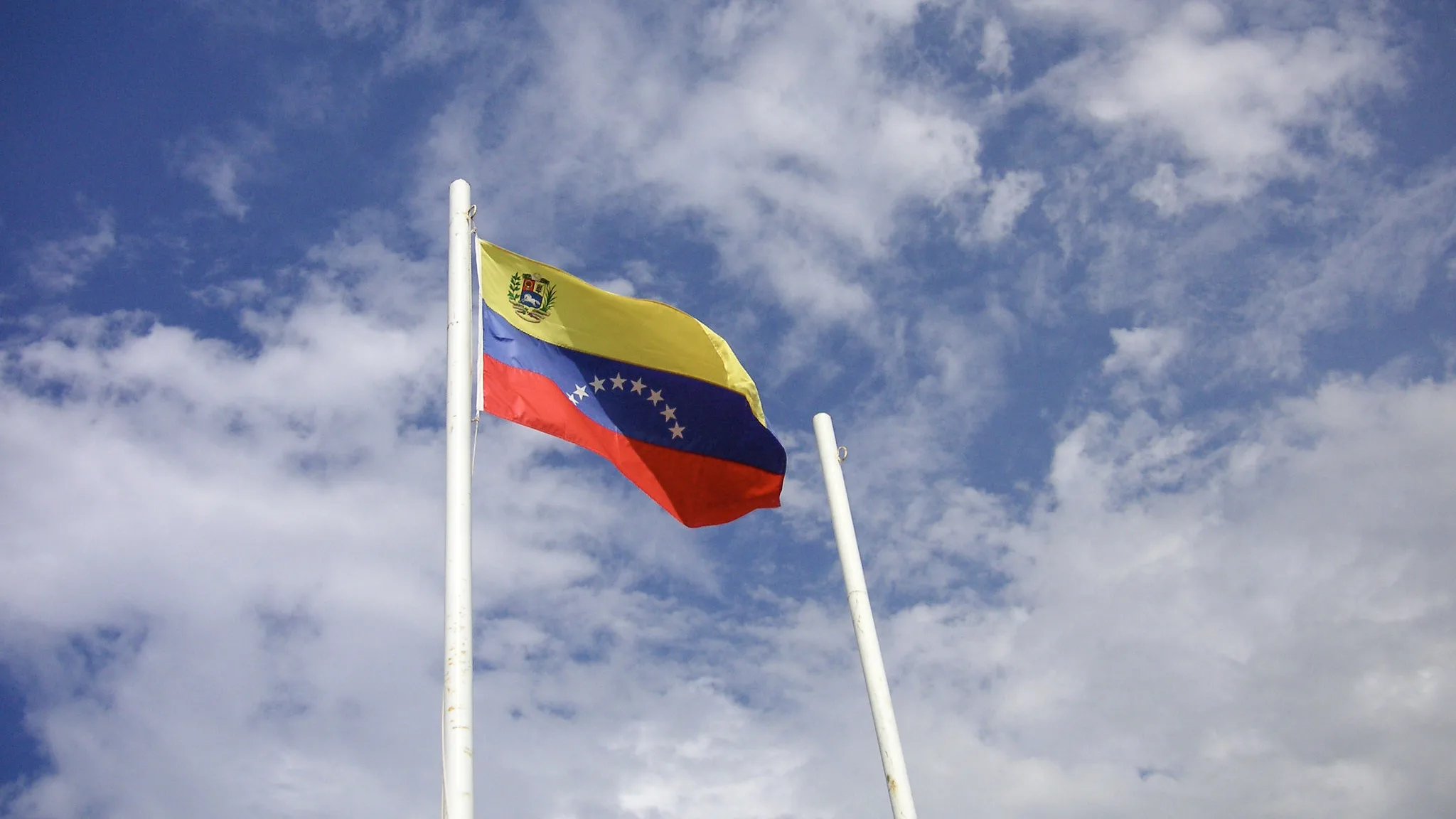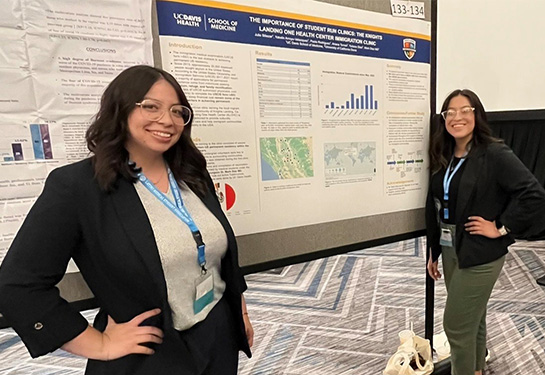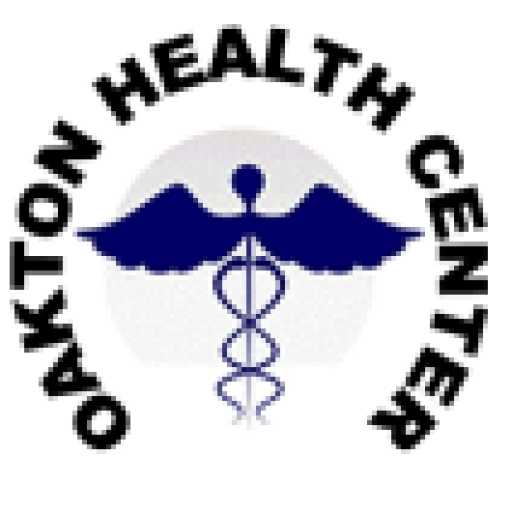In a response to medical personnel shortages, the US is easing licensing for internationally trained physicians, with at least nine states eliminating the need to repeat residency programs locally since 2023. Supporters hope this could help meet demand in rural areas, while critics question the potential impact on patient safety. Meanwhile, the termination of the Cuban/Haitian/Nicaraguan/Venezuelan (CHNV) Parole Program by the Department of Homeland Security (DHS) in 2024 has left over 500,000 immigrants potentially facing detention and removal after their parole expires. The program provided lawful pathways for humanitarian protection and family reunification. Lastly, the healthcare sector is concerned about President Donald Trump’s pledge for a stricter immigration policy, fearing it could worsen the healthcare worker shortage. With an impending shortage of over 78,000 registered nurses, industry players worry that any policy that threatens the workforce pipeline will pose challenges to providing care, especially in rural and underserved urban areas.
Asylee Women Enterprise (AWE), a nonprofit based in Baltimore, Maryland, is partnering with HEAL Refugee Health & Asylum Collaborative to support young survivors of human trafficking. The ‘Steps to Success’ program provides country-wide support services including therapy, peer support groups, and social, academic, and employment opportunities. Keith Martin, a pediatrician at Johns Hopkins, stresses the importance of this program given the barriers placed between immigrant children and healthcare access, including language barriers and lack of health insurance.
Meanwhile, a poster authored by UC Davis medical students about a free health program for immigrants recently won the first place at the Latino Medical Student Association (LMSA) 2023 National Conference. The program provides physical exams for immigrants applying for green cards, as part of their permanent residency application. The clinic, called the Immigration Medical Exam specialty clinic (IME), seeks to alleviate the financial burden on immigrants who otherwise could not afford these medical examinations.
The University of Illinois in Chicago saw its medical students form the Mobile Migrant Health Team, a group offering free healthcare services to migrants in Chicago. The program has treated more than 3,000 migrants since its inception in May, with services ranging from regular checkups to more severe care. The UIC also provides similar aid through its student-run Human Rights Initiative, which offers free medical exams for applicants undergoing the U.S. asylum process in the greater Sacramento area.
Other efforts to support immigrants include Monica Guerrero Vazquez’s work as executive director of Centro SOL and Baltimore’s Johns Hopkins University School of Medicine. Her work primarily focuses on promoting suicide prevention among non-English-speaking youth, noting that suicide rates in Hispanic adolescents are higher compared to their non-Hispanic white peers.
Overall, these various initiatives taken by health professionals and students across the country underscore an essential and community-focused approach towards healthcare, aiming to bridge the gap between immigrants and their access to vital health services.
The US has been resettling refugees from countries such as Syria and Iraq, but healthcare systems are underprepared for the medical needs of these new arrivals. It is mandatory for refugees to undergo a health screening within 90 days of arrival in the US. However, the health issues of refugees often go undiagnosed due to limited medical care access, poverty, inadequate past care and language barriers. Jeffrey Walden, assistant professor of family medicine at the University of North Carolina, commented on the refugee clinics stating that upon arrival refugees were screened and then released without any assurance of ongoing care. He directed the Refugee and Immigrant Health Clinic for the Cone Health Family Medicine Residency program in Greensboro, where each year 800 refugees are usually resettled. Clinics like these are essential to feed the demand for primary care for refugees. Although the clinics have proven an ideal place for trainee physicians, providing them with a broad range of medical knowledge, time and cost constraints hinder the ability for these clinics to adequately treat the high influx of refugees. Also, the insurance refugee patients receive upon arrival often runs out after several months.
Sources:
 To solve for doctor shortages, states ease licensing for foreign-trained physicians : Shots – Health News
To solve for doctor shortages, states ease licensing for foreign-trained physicians : Shots – Health News End of Cuban/Haitian/Nicaraguan/Venezuelan (CHNV) Parole: What Migrants Need To Know
End of Cuban/Haitian/Nicaraguan/Venezuelan (CHNV) Parole: What Migrants Need To Know Trump deportation pledge raises concern over U.S. health system
Trump deportation pledge raises concern over U.S. health system Salud!
Salud! Medical students earn top honors at national conference
Medical students earn top honors at national conference Refugee Health Clinics Help New Arrivals, Provide Training Ground for Students and Residents
Refugee Health Clinics Help New Arrivals, Provide Training Ground for Students and Residents





Leave a Reply